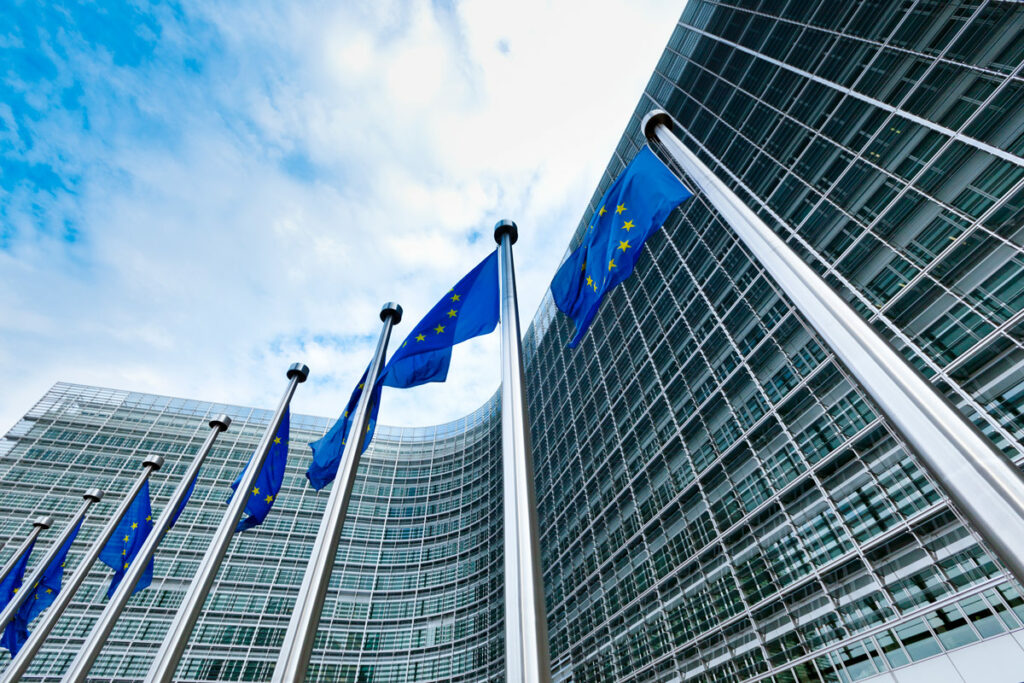Europe’s newly revised Renewable Energy Directive confirms the sustainability of biofuels such as renewable ethanol, but other EU legislation continues to ignore their strategic importance. It’s time for a new approach.
If there’s anything we’ve learned from the mostly completed saga of adopting the EU’s Fit for 55 climate package, it’s that the EU needs a new way to think about biofuels and their contribution to transport de-fossilization.
The role of sustainable biofuels in the transition from a fossil-based economy to carbon neutrality has often been the subject of intense and often misinformed debate during the whole Fit for 55 process, but as the EU enters a new political cycle there is cause for optimism that Europe could move to a more constructive discussion.
Consider the recent declaration by the G7 group of leading economic nations — in a statement co-signed by EU leaders — that sustainable biofuels have a vital role to play in reducing transport emissions. This was a welcome turnaround from recent policy developments that did not take into full account the proven contribution of biofuels to reducing greenhouse gas (GHG) emissions in transport.
Such a mindset-shift is needed if the EU wants to achieve its goals for climate change mitigation, food security and energy independence. Ignoring or downplaying the benefits of biofuels such as renewable ethanol only makes those ambitions harder to realize.
Here are four reasons why the EU approach to sustainable biofuels needs to be more open-minded in the coming years.
Read the new article from ePURE Director General David Carpintero in POLITICO Europe.

